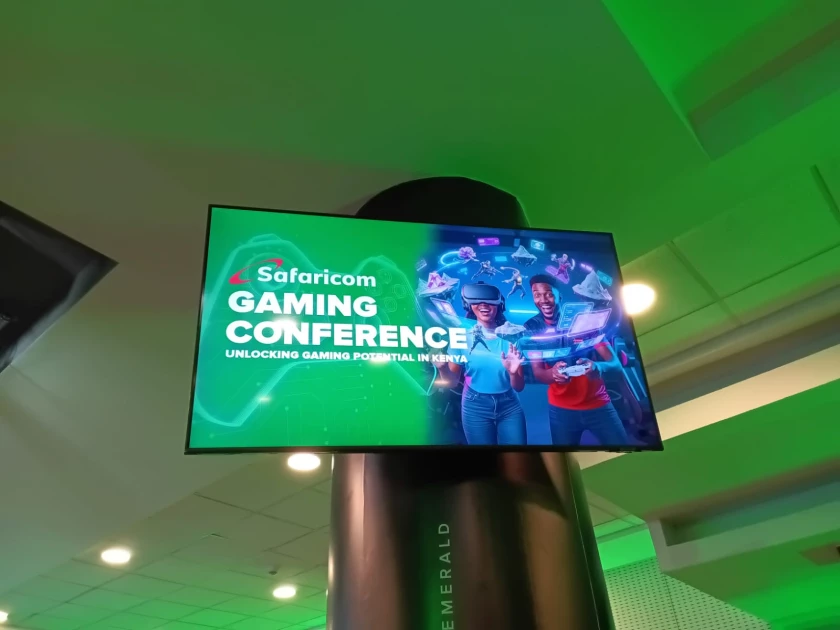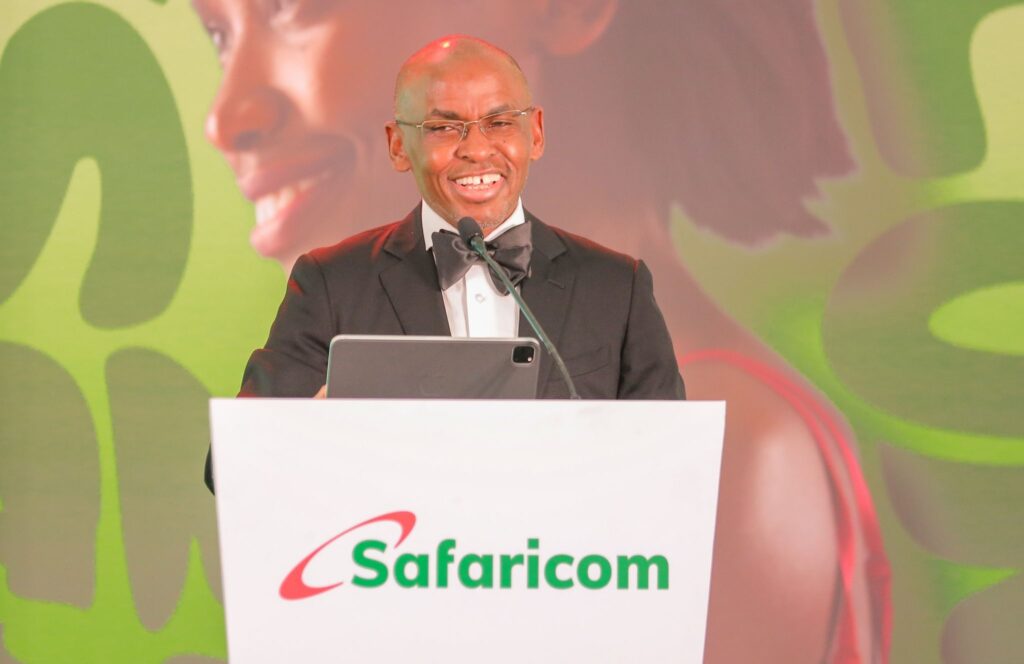Safaricom has stepped into the gaming arena with confident strides, positioning digital play not merely as a pastime but as a dynamic frontier for Africa’s youthful innovators. At a time when mobile gaming is both culture and commerce across the continent, the Kenyan telecom giant’s recent conference, “Level Up Africa: Unlocking Gaming Potential in Africa,” held on 6 September 2025 at Nairobi’s Michael Joseph Centre, speaks to how seriously it regards gaming’s transformative power.
The event was more than a tech showcase; it was a festival of pop culture infused with cosplay, music, film, and interactive exhibition spaces. Safaricom’s Chief Consumer Business Officer, Fawzia Ali-Kimanthi, frankly described gaming as a “talent, creativity, and opportunity,” asserting that the company sees gaming as a launchpad for youth-led careers, innovation, and digital communities.
Table of Contents

From MobiPlay to “Wai Ndai”: A Legacy of Youth Gaming Engagement
Long before the conference, Safaricom had already shown a keen interest in nurturing gaming among young customers. According to the company, in 2019, it spun off an eSports tournament in collaboration with Pro Series Gaming (PSG), inviting gamers aged 18–26 to explore gaming as a career path through competition and mentorship. The MobiPlay Challenge, launched in 2021 via its Games Lounge platform, offered eight weeks of daily and weekly gaming contests covering puzzle, arcade, and action titles, with ample rewards and leaderboard excitement.
Building on that momentum, the “Wai Ndai” gaming challenge rolled out in late 2024, running through 15 February 2025. Players engaged in daily skill-based gaming across puzzles, arcade, and action genres for just KES 10 a day—chasing daily voucher pots totalling KES 500,000 and monthly Suzuki Alto prizes. By early February 2025, over 200,000 participants had taken part, and winners such as John Maina and Paul Njihia each drove away brand-new Suzuki Altos, a testament to the campaign’s reach and impact.
Tackling Africa’s Gaming Momentum – and Its Hurdles
Safaricom’s gaming push aligns with a rising wave across Africa: mobile-first youth are turning to games for social connection, entertainment, creativity, and even livelihood. A 2025 Stears report flags over 350 million gamers across Africa—with 92% gaming on smartphones—and revenues reaching US$1.8 billion by end-2024. Telcos are rushing to capture this market, packaging data, gaming bundles, cloud-gaming offerings, and eSports tournaments to retain and monetise the under-30 demographic.
Safaricom’s Hook platform exemplifies this strategic shift. It is designed as a lifestyle hub for users under 26—blending gaming, music, learning, and career tools in a single digital ecosystem. Youth-targeted bundles such as daily 1 GB or “gaming-night” passes are tailored for affordability, offering both utility and engagement to students and young professionals.
Yet, the telco’s vision is not without obstacles. Across East Africa, gamers often report high latency when using Safaricom’s networks—ping spikes that can exceed 200 ms, due to network routing or congestion, hampering the real-time experience that competitive gaming requires. While some Reddit users note stable experiences on fibre packages, others remain unhappy, especially during peak hours or with home usage.

The Road Ahead: Connecting Africa’s Youth through Play, Policy, and Infrastructure
Safaricom’s gaming investments do more than entertain—they cultivate skills, spark careers, and build digital communities across Africa’s youthful population. Its multifaceted approach—encompassing tournaments, digital challenges, mentorship, and immersive events—demonstrates an evolving understanding of gaming as an engine for empowerment.
For Safaricom to fully unlock gaming’s promise, a few key areas demand attention:
- Internet Quality Assurance: Improving latency and reliability, especially in mobile and fibre services, is vital for gaming credibility and user retention.
- Regulatory Framework and Investment: Crafting policies that promote local game development and incentivise investment will help build a sustainable ecosystem and prevent talent flight.
- Cross-sector Collaboration: As with its partnerships for sports and entertainment, Safaricom could deepen alliances across creative industries to nourish cross-disciplinary innovation.
- Pan-African Scaling: Expanding successful programs like “Wai Ndai” and Hook to neighbouring markets—especially Nigeria, Ghana, and beyond—could unlock continental youth potential and foster regional digital kinship.

Conclusion
With the “Level Up Africa” conference, Safaricom sent a signal that gaming is not just leisure—it’s a frontier for technological innovation, youth empowerment, and the creative industry across Africa. From grassroots tournaments and mobile gaming bundles to immersive activities and mentorship, the company is threading a narrative of play as progress.
If Safaricom can continue investing in connectivity, adopt policy-friendly frameworks, and extend its ecosystem regionally, it may well redefine how Africa’s youth connect, compete, and create in the digital age.
Join Our Social Media Channels:
WhatsApp: NaijaEyes
Facebook: NaijaEyes
Twitter: NaijaEyes
Instagram: NaijaEyes
TikTok: NaijaEyes






































